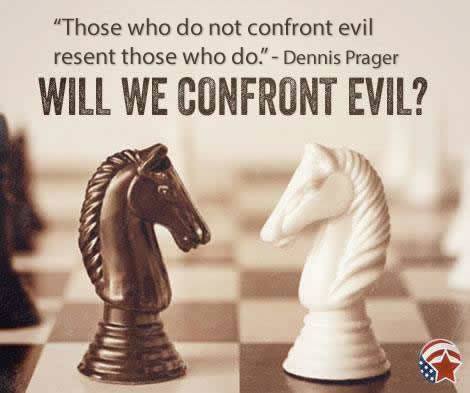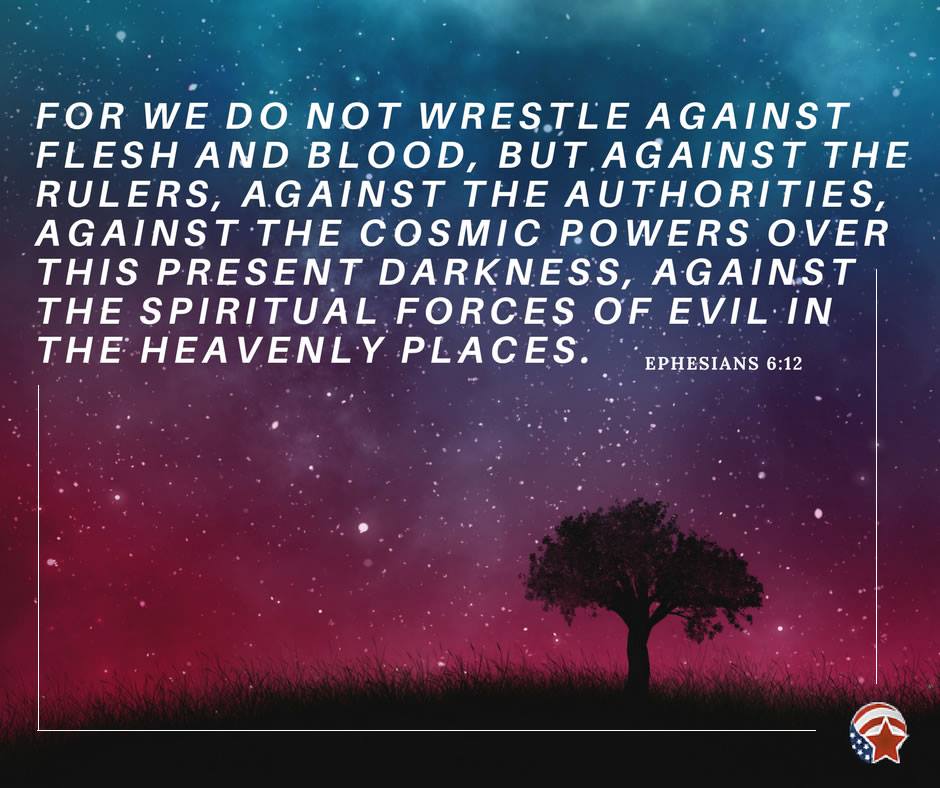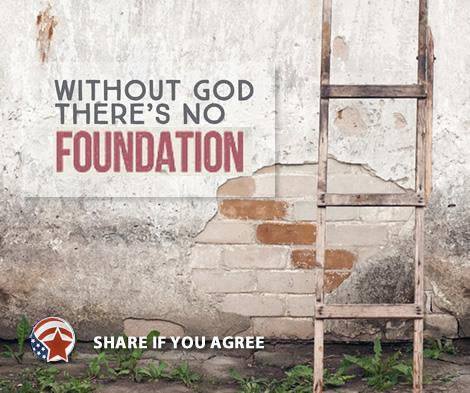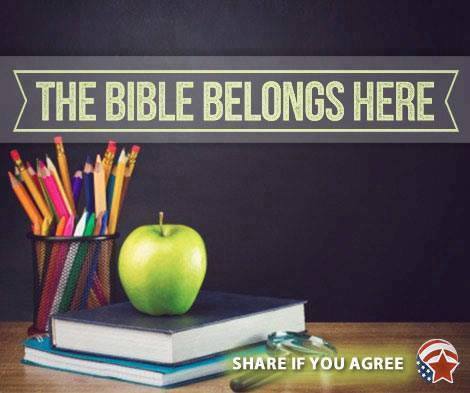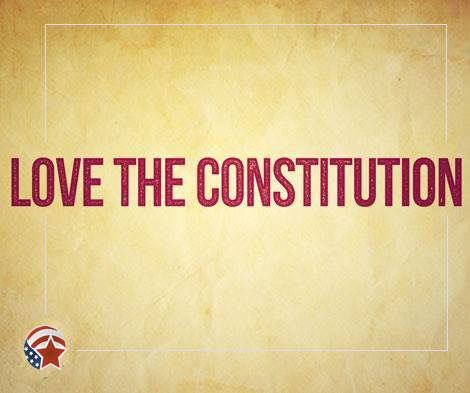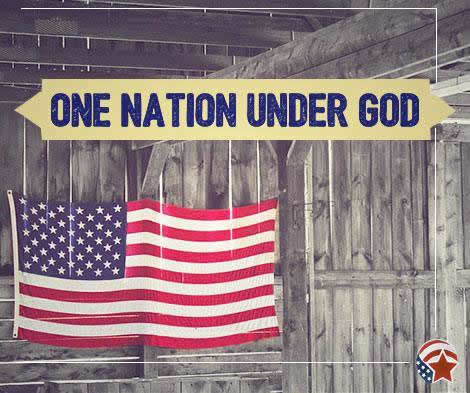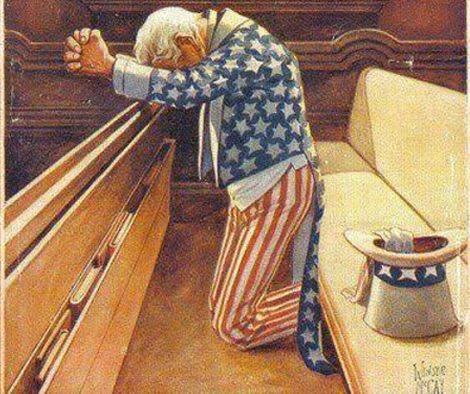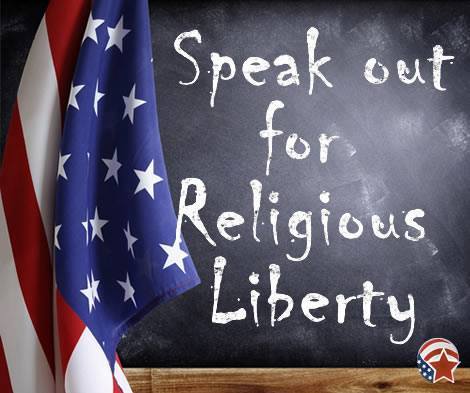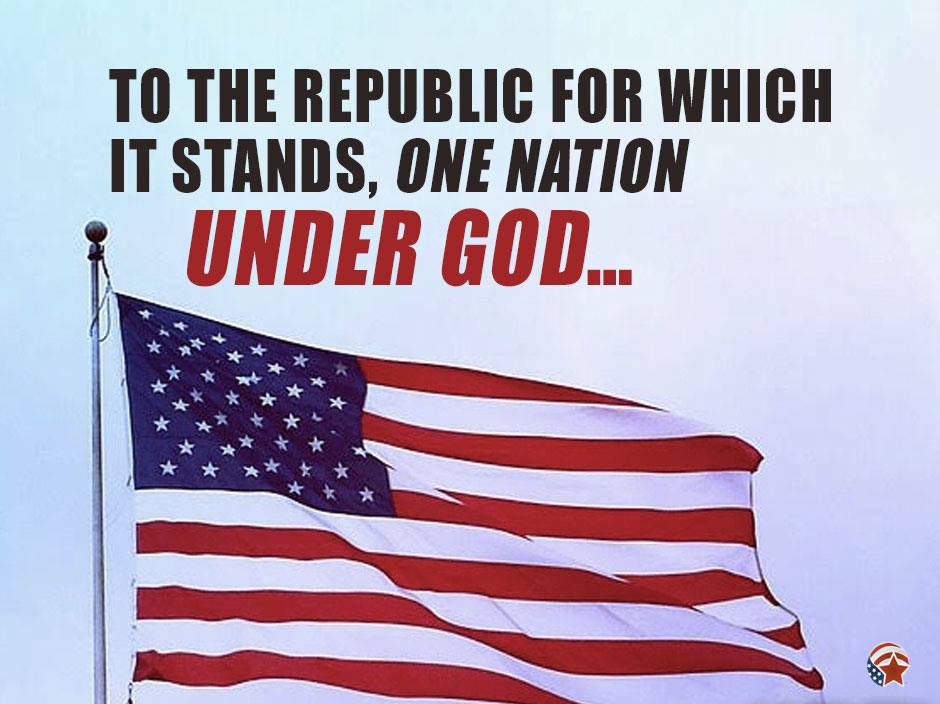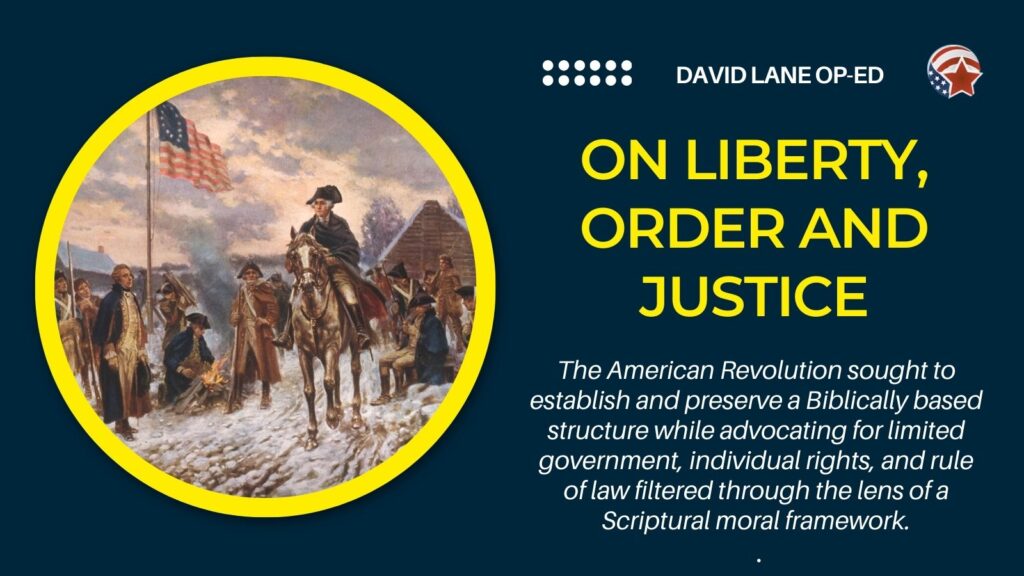
| It has been asked that if America’s Founders wanted to establish Christianity as the official religion of America, why didn’t they just say so? Well, they did. For those unversed in America’s founding through the 17th and 18th centuries, they need to look no further than the American Founders’ underlying ideological plan and unequivocal language in the 13 Original States Charters and Constitutions [Massachusetts, Rhode Island, New Hampshire, Connecticut, New York, South Carolina, Georgia, North Carolina, Virginia, Pennsylvania, Delaware, New Jersey, and Maryland] for verification of the nation’s Christian past.1,2 The Founders maintained that Biblical morality in its citizenry is essential for a well-ordered society and sustainable freedom. In the colonies with the most vigorous religious roots, legislators and officeholders were required for qualification for elective office to hold a profession of faith in Jesus Christ or adherence to specific Christian beliefs. From an eye witness perspective, Benjamin Franklin observed, “In 1739 arrived among us from England, the Rev. Mr. Whitefield, who had made himself remarkable there as an itinerant preacher. He was at first permitted to preach in some our churches; but the clergy taking a dislike to him, soon refused him their pulpits and he was obliged to preach in the fields. “The multitude of all sects and denominations that attended his sermons were enormous and it was a matter of speculation to me who was one of the number to observe the extraordinary influence of his oratory on his hearers, and how much they admired and respected him, notwithstanding his common abuse of them by assuring them they were naturally half beasts and half devils. “It was wonderful to see the change soon made in the manners [behavior] of our inhabitants, from being thoughtless or indifferent about religion, it seemed as if all the world were growing religious; so that one could not walk through the Town in an evening without hearing psalms sung in different families of every street.”3 The Massachusetts Bay Colony, founded by Puritans, required officeholders to be church members, meaning they had to be part of a Puritan congregation and affirm faith in Jesus Christ. Connecticut and New Haven Colonies had similar requirements, tying citizenship and political participation to Christian belief and moral character. Maryland was initially founded as a haven for English Catholics. Later, it enacted laws [like the Maryland Toleration Act of 1649] allowing Trinitarian Christians to worship freely, but it still restricted non-Christians from holding office. The South Carolina Articles of Confederation 1778 stated that senators and representatives must be Protestants. Add Delaware [1776], which required officeholders to declare belief in “God the Father, and in Jesus Christ His only Son,” and South Carolina [1778], which required public officials to be Protestants, couple that with the Scripture based curriculum of Early American education, and one recognizes the driving force to impart virtue and righteousness into the succeeding generations and the warp and woof of Christian Americana. Sadly, the Christian nation began to retract due to the insidious infiltration of the godless, blood-soaked French Revolution of 1789. Their minions started to spread its sacrilegious creed slowly but surely into the corridors of the nation’s learning centers and elite higher education institutions. In his excellent commentary on The Book of Deuteronomy, British biblical scholar Peter C. Craigie [1938-1985] notes that ancient Israel’s wealth and military power did not provide their criteria for greatness, but that their wisdom and understanding instead was rooted in adherence to God’s laws, which the surrounding nations propitiously noted. “The greatness,” Craigie concludes, “would not even lie in the forms of government, for these too were similar to those of the nations of their time. Rather the distinctiveness would lie in the intimate relationship the covenant created between God and his people.” James McClellan [1937-2005], the distinguished American political scientist and constitutional scholar [Ph.D. in Political Science, J.D., University of Virginia], renowned for his extensive work on the American Constitution and its foundational principles, remarks in his 1986 work James Madison: Creating the American Constitution that “The French Revolution … marks a break with the Church and the whole of the past.” |
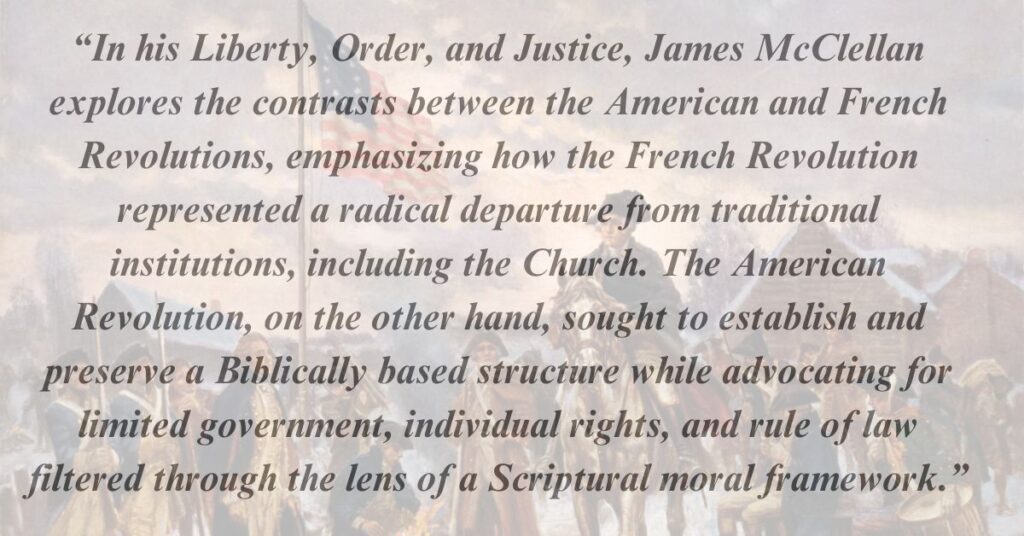
| In his Liberty, Order, and Justice, McClellan explores the contrasts between the American and French Revolutions, emphasizing how the French Revolution represented a radical departure from traditional institutions, including the Church. The American Revolution, on the other hand, sought to establish and preserve a Biblically based structure while advocating for limited government, individual rights, and rule of law filtered through the lens of a Scriptural moral framework. Blaise Pascal [1623-1662], the French mathematician, physicist, inventor, philosopher, and theologian whose work profoundly influenced the scientific world and Christian thought in the 17th century, surmised in Pensées [French for ‘Thoughts’], a collection of philosophical and theological reflections, that “We must have a fixed point in order to judge.” If such a benchmark or moral anchor is lacking, judgments become arbitrary, subjective, and erratic. In his 2008 Christian Book of the Year, An Old Testament Theology, Dr. Bruce K. Waltke registers the weakening over time of the principles of ancient Israel as reflecting what happened with those of early America: “Where Joshua’s generation serves I AM and enjoys the covenant’s blessings, including rest in the land, the succeeding generations incrementally break I AM’s covenant and experience the covenant’s curses, including increasingly long epochs without rest in the land.” American politician, attorney, former member of the Tennessee Senate, and current president of the Family Action Council of Tennessee, David Fowler [born 1958] asserts that the way how we comprehend and interpret the kind of world we live in – our worldview or ‘cosmology’- will bring about inevitable changes in everything else because that’s how God created things to work. This explains why God’s revelation begins with the beginning – God and creation. The change in that ‘cosmology’ after the French Revolution spread to the United States and brought about a perversion of our constitutional law. “When one gets the beginning of anything wrong,” Fowler writes, “as the French Revolution did about everything, and inject its atheistic precepts into our Constitution, as the U.S. Supreme Court did in 1938, it means law and the society it shapes will continue in its current direction apart from God’s corrective judgments on us for turning away from Him. “It seems to me that one of those judgments is that Christians now seem unwilling or maybe even incapable of arguing that it is unlawful for civil governments to allow the sterilization of healthy children who can’t appreciate what adults are doing to them.”4 As to this latter point, contemporary American Christendom is certainly unwilling or incapable to place in check the U.S. Supreme Court’s exaltation and normalization of sin over the last multiple decades, such as the 1973 Roe v Wade death warrant for 65 million unborn children, the aggrandizement of homosexual intercourse and same-sex marriage [Obergefell v. Hodges, 2015], and the expansion of homosexual and transgender rights [Bostock v. Clayton County, 2020]. Thankfully, Gideon and Rahabs have entered the public square of America, and a cloud the size of a man’s hand is just over the horizon. David Lane American Renewal Project 1. goo.gl/cBw4Xh 2. amerisearch.net/index.php?date=06-21&view=View 3. www.ushistory.org/franklin/autobiography/page49.htm 4. www.factennessee.org/news-views/commentary/2020/two-improvements-to-charlie-kirks-observations-about-our-christian-heritage |


